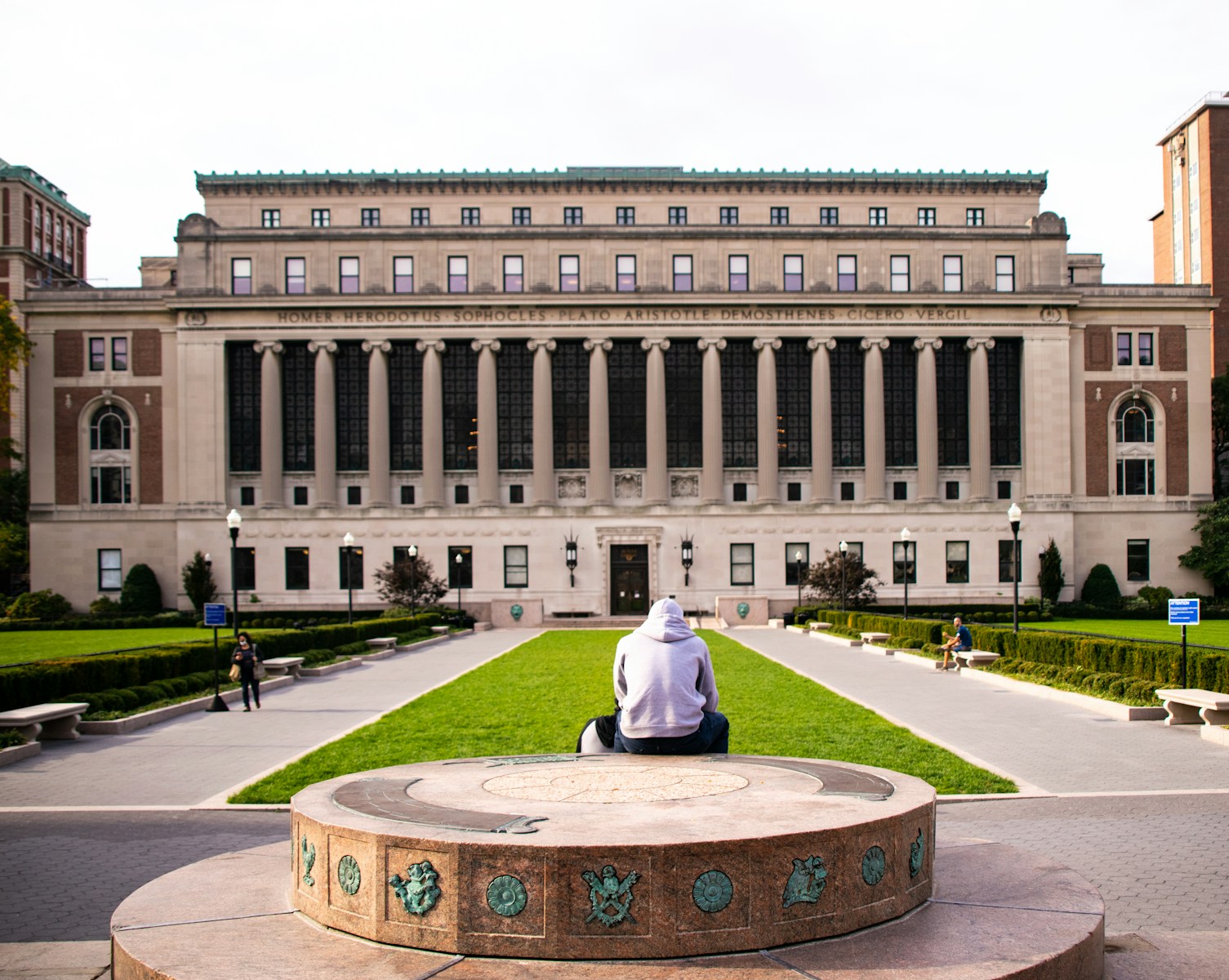Key Takeaways:
- Columbia University faces accreditation issues over alleged discrimination.
- The Trump administration claims the school broke federal laws.
- The university could lose its accreditation if it doesn’t fix the issues.
- Students and faculty are worried about what this means for the future.
Columbia University In Trouble Over Discrimination Claims
Columbia University, one of the most prestigious schools in the United States, is in big trouble. The Trump administration recently announced that the university violated federal anti-discrimination laws. This has put the school’s accreditation at risk, meaning Columbia may no longer meet the standards required to operate as an accredited institution.
The Education Department’s Office for Civil Rights, along with the Department of Health and Human Services’ Office for Civil Rights, made this announcement. They found that Columbia acted with “deliberate indifference” in dealing with discrimination complaints. This means the university didn’t take the necessary steps to address the issues properly.
What Does This Mean For Columbia?
If an institution loses its accreditation, it can have serious consequences. For students, it could affect the value of their degrees. Employers and other schools often look for accreditations to verify the quality of education. Without it, students might find it harder to get jobs or transfer credits.
The university’s reputation is also at stake. Being known for violating discrimination laws can make it harder for Columbia to attract top students and faculty. Donations and funding might also decrease if alumni and supporters lose trust in the institution.
What Did Columbia Do Wrong?
The investigation found that Columbia didn’t handle discrimination complaints properly. This includes cases related to race, gender, and other protected categories. The university’s response was deemed insufficient, leading to this serious action.
When schools don’t take discrimination seriously, it creates a hostile environment for students and staff. The federal government takes these issues very seriously, as they are crucial for maintaining equal opportunities and fairness in education.
What’s Next For Columbia?
Columbia University now has to take immediate action to fix these issues. The accreditor will likely give the school a list of changes they need to make. These could include better policies for handling discrimination complaints, training for staff, and more support systems for students.
If Columbia fails to meet these requirements, they could lose their accreditation. This would be a massive blow to the university’s reputation and operations. The school has to act quickly to resolve these problems and prove they are committed to providing a fair and safe environment for everyone.
How Does This Affect Students?
For current students, the loss of accreditation could make it harder to transfer credits or find jobs after graduation. Prospective students might think twice before applying to a school that’s facing such serious issues.
However, it’s important to remember that this is still an ongoing process. Columbia has the chance to fix these problems and avoid losing its accreditation. Students should stay informed and contact university officials if they have any concerns.
What Can Columbia Do To Fix This?
To resolve this issue, Columbia needs to take several steps. First, they should review and improve their policies on discrimination. This includes ensuring that all complaints are taken seriously and handled properly. They should also provide training for staff and faculty on how to recognize and address discrimination.
Additionally, the university should communicate openly with students and the public. Being transparent about the steps they’re taking to fix the problem can help rebuild trust. Taking these actions quickly and effectively will show that Columbia is committed to creating a fair and inclusive environment.
Conclusion
Columbia University is facing a serious issue that could impact its accreditation and reputation. The Trump administration has accused the school of violating federal anti-discrimination laws, and the consequences could be severe. By taking immediate action to address these issues, Columbia can hopefully resolve this situation and continue to provide a high-quality education to its students.
For now, students and faculty should stay informed and hold the university accountable. Ensuring that discrimination is taken seriously and addressed properly is crucial for maintaining a safe and fair environment for everyone. Only time will tell how this situation unfolds, but one thing is clear: Columbia University needs to act fast to avoid losing its accreditation and damaging its reputation.
